THEORETICAL FOUNDATIONS OF CORRECTIVE PEDAGOGICS AND EDUCATION
Perevorska O., Prohodko T., Kobzіeva I.
Theatrical art as a means of developing interpersonal skills in pupils with autism spectrum disorders. DOI: 10.32342/2522-4115-2024-1-27-1 ![]()
PSYCHOLOGICAL AND PEDAGOGICAL ASPECTS OF EDUCATION, UPBRINGING AND PERSONALITY DEVELOPMENT
Volkova N., Kozhushko S., Onyshchenko M.
Teacher's self-education under the conditions of martial law: from the experience of a higher education institution. DOI: 10.32342/2522-4115-2024-1-27-2 ![]()
Harkusha I., Dubinskyi S.
The role of mass media in socialisation and well-being: theoretical analysis and psychosocial aspects. DOI: 10.32342/2522-4115-2024-1-27-3 ![]()
Dribas S., Semenov K.
Psychological factors of the formation of legal awareness of students of historical and medical education profiles. DOI: 10.32342/2522-4115-2024-1-27-4 ![]()
Krasiuk I.
The moral and ethical potential of a future teacher's personality – the foundation for the productivity of their professional training. DOI: 10.32342/2522-4115-2024-1-27-5 ![]()
Mitchenko K.
Characteristics of psychological maturity as a soft-skill of a modern personality. DOI: 10.32342/2522-4115-2024-1-27-6 ![]()
Seliuk V.
Formation of corporate culture of officers: foreign experience. DOI: 10.32342/2522-4115-2024-1-27-7 ![]()
Shuba l., Shuba V., Shuba V.
Features of development and application of aerobics in the system of physical education. DOI: 10.32342/2522-4115-2024-1-27-8 ![]()
THEORETICAL AND METHODOLOGICAL BASES OF PROFESSIONAL EDUCATION
Voshkolup H.
Formation of educational autonomy of students of economic specialities by means of digital technologies. DOI: 10.32342/2522-4115-2024-1-27-9 ![]()
Havryliuk N.
Advantages and disadvantages of students’ group work in teaching foreign languages at university. DOI: 10.32342/2522-4115-2024-1-27-10 ![]()
Duboviy Z., Lakomova O.
Contextual approach to teaching the elective discipline “Theory of mass communication” to bachelors of pedagogical universities (specialities “Geography” and “Musical Art”). DOI: 10.32342/2522-4115-2024-1-27-11 ![]()
Kozhushko S., Boiko L.
Project-based learning technologies as a means of formation of multicultural communicative competence of future specialists in the field of tourism in the conditions of blended learning. DOI: 10.32342/2522-4115-2024-1-27-12 ![]()
Oliinyk I.
Educational autonomy as an important prerequisite for the formation of future PhDs’ research competence in the conditions of postgraduate studies. DOI: 10.32342/2522-4115-2024-1-27-13 ![]()
Pysmenna O.
Organizing self-education activities for medical college students in the context of blended learning. DOI: 10.32342/2522-4115-2024-1-27-14 ![]()
Sukach t., Chuikov A., Biriukova T.
Applied direction of the study of higher mathematics by students of professional pre-higher education. DOI: 10.32342/2522-4115-2024-1-27-15 ![]()
THE LATEST TEACHING TECHNOLOGIES IN THE HIGHER SCHOOL
Blynova Т., Ьedynska S., Voloboieva A.
Didactic potential of YouTube channels for enhanced English language learning in non-linguistic programs. DOI: 10.32342/2522-4115-2024-1-27-16 ![]()
Vilkhovchenko N.
Using project work in teaching English for specific purposes for energy sector. DOI: 10.32342/2522-4115-2024-1-27-17 ![]()
Halus O., Kryshchuk B., Sivak N.
Organizational and pedagogical conditions of use of information technologies in blended learning of future officers. DOI: 10.32342/2522-4115-2024-1-27-18 ![]()
Pavlovych M.
Interactive technology usage in the future translators' training as a pledge of successful intercultural interaction. DOI: 10.32342/2522-4115-2024-1-27-19 ![]()
INNOVATIVE APPROACHES TO TEACHING METHODS IN HIGHER SCHOOLS
Lavrentieva O., Krupskyi O.
Theoretical and methodological aspects of using information and cognitive technologies in the training of transport specialists. DOI: 10.32342/2522-4115-2024-1-27-20 ![]()
Pohorielov M., Prasol A.
Computer visualization in teaching general technical disciplines: theoretical and practical aspects. DOI: 10.32342/2522-4115-2024-1-27-21 ![]()



